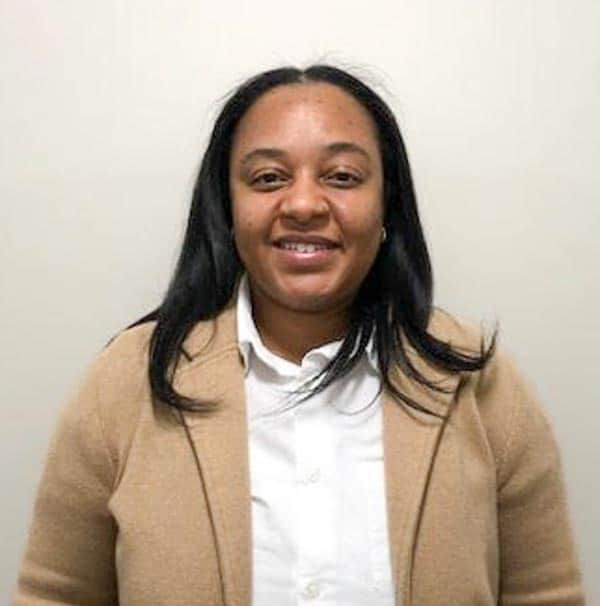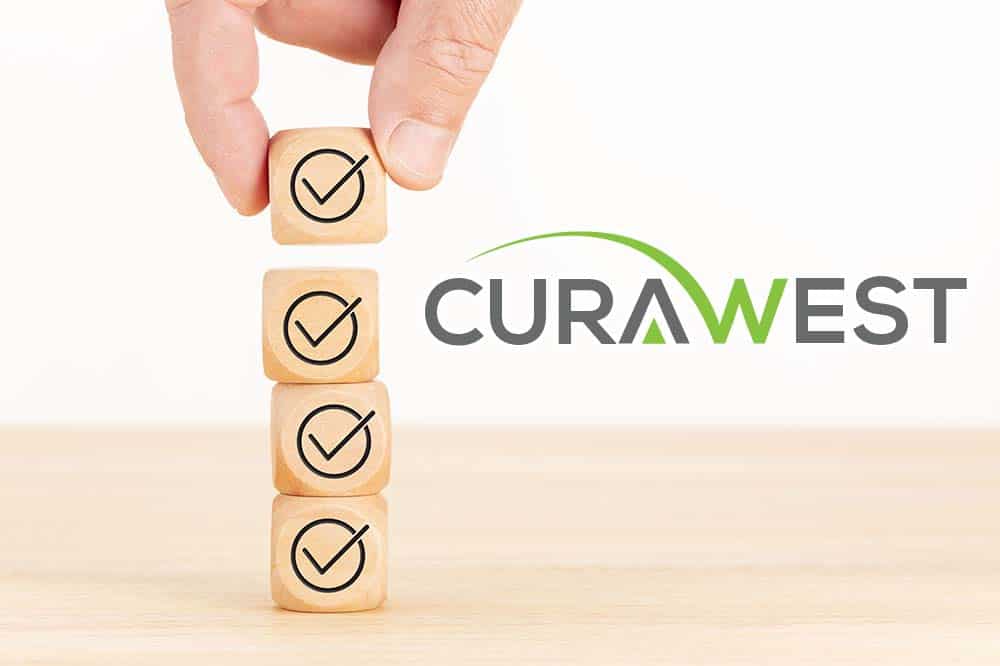Addiction Recovery
7 Addiction Facts
7 Addiction Facts
Addiction is a complicated condition that has the ability to completely destroy all areas of a person’s life. Most chronic diseases ravage the physical body. Addiction also devastates mental health, emotional well-being and completely breaks the spirit over time. If you or someone you love has been struggling with addiction you understand firsthand how devastating it can be. The good news is recovery is always possible with an effective recovery program in place.
At CuraWest we provide effective medically monitored detox services to people who have been struggling with addiction and who are ready to begin living an entirely new way of life. In addition to providing people of all ages with a safe and comfortable drug and alcohol withdrawal, we lay a solid foundation for lasting sobriety by providing a range of addiction services including individual, group and family therapy, a thorough addiction assessment, case management services and aftercare planning. We strive to provide addiction education whenever possible, teaching our clients how substance abuse disorders develop and how they are most effectively treated. To learn more about our detox program, contact us today.
7 Facts to Know About Addiction
There is an immense amount of misunderstanding surrounding active addiction, addiction treatment and long-term sobriety. When it comes to understanding the most effective treatment options for your unique case, it is important to understand how addiction works. We have compiled a list of 7 addiction facts that a lot of people don’t understand. If you have any additional questions about addiction or the recovery process, contact us today.
-
Substance abuse changes the way the brain functions.
There is still a widespread stigma surrounding substance dependence, and many people mistakenly believe that addiction concerns nothing more than a lack of will-power and weak conviction. In reality, addiction actually changes cognitive function and alters the physical makeup of the brain over time. The brain is made up of numerous circuits that work together in order to provide vital functions. Neurons release neurotransmitters that cross synapses and attach to receptors, sending messages that dictate the way we behave. Chemical substances interfere with the way neurons send, receive and process these messages. Chemical substances also cause surges of “feel good” chemicals like dopamine and serotonin leading to feelings of intense pleasure and euphoria. Everyone’s brain is wired to repeat activities that make us feel good. But in the mind of an addict, the brain actually tells the body it needs drugs and alcohol in the same way it needs food, water and shelter. An addiction, when it is fully developed in the brain, acts much like a survival instinct, even surpassing other survival instincts. This is why a severe addict will sometimes prioritize drugs and alcohol over other primary survival instincts such as shelter, sex and even food.
An article about the nature of addiction published by the National Institute on Drug Abuse states, “Whenever the reward circuit is activated by a healthy, pleasurable experience, a burst of dopamine signals that something important is happening that needs to be remembered. This dopamine signal causes changes in neural connectivity that make it easier to repeat the activity again and again without thinking about it, leading to the formation of habits. Just as drugs produce intense euphoria, they also produce much larger surges of dopamine, powerfully reinforcing the connection between consumption of the drug, the resulting pleasure, and all the external cues linked to the experience. Large surges of dopamine ‘teach’ the brain to seek drugs at the expense of other, healthier goals and activities.” Over time the ability to experience pleasure naturally is reduced significantly, and physical and psychological dependence takes over.
We Are Here For You
Let Us Help You Heal
Our Drug & Alcohol detoxification experience is second to none.
Learn how we can help by speaking with one of our Treatment Advisors today.
2. Waiting for a loved one to hit “rock bottom” can be dangerous.
The term “rock bottom” has been used in the rooms of Alcoholics Anonymous for years. This term is used to describe the event (or series of events) that ultimately lead a person who has been struggling with addiction to get clean and sober. However, it has been repeatedly proven that addiction treatment does not need to be voluntary in order to be effective, and waiting for a person to hit their personal “bottom” can lead to irreparable damage. For example, say someone has been struggling with a life-threatening heroin addiction and continues to use the drug despite multiple overdoses. If an addictive disorder has become this severe, intervention is often necessary. If a person is an immediate danger to themselves or to others it is a good idea to intervene.
3. Attempting to quit cold turkey can be fatal.
Some people attempt to detox on their own in an at-home setting, assuming that while the symptoms of withdrawal might be uncomfortable they are not going to be life-threatening. The truth is that withdrawal symptoms are unpredictable and they can lead to serious physical and psychological complications unless closely monitored in a designated detox facility. The abuse of certain substances (like benzodiazepines and alcohol) can lead to withdrawal symptoms like grand mal seizures, stroke and coma. It is also important that drug cravings are addressed in a medical detox setting. People attempting to detox at home often return to drug use before the process is over because the cravings are so overwhelming and withdrawal is so painful.
4. Sometimes the willingness to get sober comes with time.
You might have heard someone say that in order to get and stay sober a person has to become willing. The truth is that many people who start on their personal recovery journeys have no initial desire to get clean. Willingness is often something that develops over time. The longer a person stays sober, the more authentic happiness they will experience, and the more willing they become to continue putting in the work.
5. Experiencing a relapse does not mean you failed.
The main goal of addiction treatment is to teach people how to successfully avoid relapse. However, some people experience a slip at some point in early recovery. Experiencing a relapse doesn’t mean that treatment was ineffective. Consider a slip an opportunity to grow and learn. How could your personal recovery program improve? Do you need to increase the amount of recovery meetings you attend weekly? Would you benefit from entering into an IOP program? Do you you need the professional support of a therapist? Rather than spiral out of control, ask yourself where you can improve.

Our Drug & Alcohol Detox Services Include
6. Addiction recovery should always be individualized.
Every experience with active addiction is different, and every recovery journey should be focused and individualized. The treatment methods that work well for one person might not work for another. It is important to look into demographic-specific treatment options (like age and gender-specific treatment) and for a recovery program that meets all personal clinical needs. For example, one person might be struggling with unresolved trauma, and would benefit from a trauma-focused recovery program. Someone else might be struggling with an eating disorder in addition to a substance abuse disorder, and would benefit from a treatment program that focuses on co-occurring behavioral addictions. Individualized care is crucial when it comes to treating all underlying issues.
7. There is no shame in medication assisted treatment.
Medications like buprenorphine and naltrexone can serve an important function in early recovery, reducing drug cravings and helping to alleviate the symptoms of post-acute withdrawal so a person can focus more on behavioral therapy and learning recovery behaviors. While medication assisted treatment is not a long-term solution for substance abuse it can serve as a beneficial part of a more comprehensive treatment program.
Ready To Begin Your Drug & Alcohol Detox?
We Offer A Safe & Effective Program
Don’t let Drug & Alcohol addiction control your life.
Call us today and let’s get you started on the path to a better you.
Medically Monitored Detox
If you or someone you love has been struggling with a substance abuse disorder of any type or severity, it is a good idea to begin the recovery journey with a short-term stay in an inpatient detox center. At CuraWest our medically-supervised detox program was designed by highly qualified and experienced medical and clinical professionals. Our program prioritizes individualized care designed to meet each client’s unique needs. Rather than experiencing detox in a lockdown hospital environment, clients detox in a homestyle retreat setting with around-the-clock care and a range of comfort-based amentities. We utilize a combination of medication assisted treatment, intensive behavioral therapies and holistic treatment options.
Begin Healing Now!
Have A Call With One Of Our Treatment Advisors
Don’t Suffer Any Longer
How to Being the Recovery Journey
Because committing to recovery can seem overwhelming in and of itself, we have developed an admissions process that is simple and straightforward. When you or your loved one is ready to ask for help, CuraWest will be available to walk you along every step of the way. Our intake process can be completed in as little as 15 minutes. We provide a complimentary assessment over the phone, a free insurance benefit check and we will help coordinate local travel to our facility. All you or your loved one has to do is ask for help, and we will take care of the rest.

Reviewed for accuracy by:
Jasmine Billups
LPC-S
Jasmine has worked in the mental health field for over 18 years. She earned her B.A. in Psychology with a Minor in Child and Family Relations from North Carolina Central University, and her M.A. in Mental Health Counseling from Argosy University. Jasmine is a Licensed Professional Counselor Supervisor and has specialized in addiction for over 10 years.























